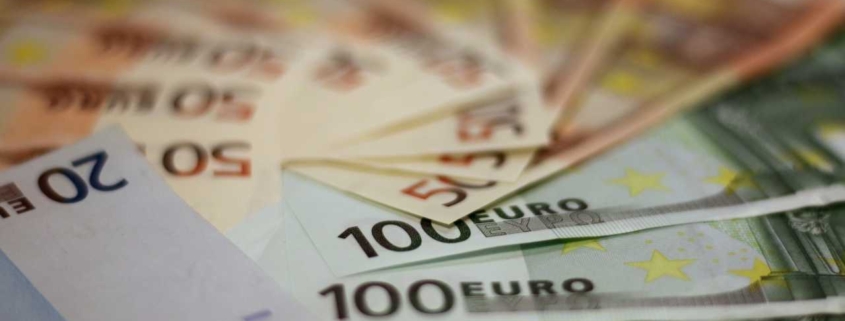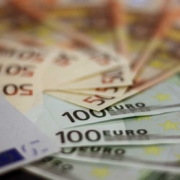Dutch crisis deepens.
At the start of the mondial crisis in 2008, at first, the Netherlands only suffered mildly from the effects compared to South European countries. This year the tables are turning on the dutch economy with rising unemployment as main risk.
The are several developments that will make the coming years more difficult. The active labor force is increasing and the unemployment figures are dramatically stepping up.
In 2008 and 2009 most dutch companies were reluctant in laying off staff. At first companies only observed the crisis as a short temporary economic drawback and rather held on to their well qualified staff. As we now know, the crisis is still ongoing, orders are falling back and remaining financial reserves are consumed. Companies have no alternative then to lay off personnel at a higher rate. Also the number of bankruptcies are increasing. The effect is that the total unemployment went up to 7,2% of the total labor force, which was a few years ago hardly 5%.
But not only the lay offs are the reason for the increasing unemployment figures. More and more people, mainly partners, show up on the labor market. Which is quite contradictory. During previous recessions, people proved to withdraw from the labor market. They mostly had no confidence to find employment and terminated their employment registration. Another reason for the increasing labor force are the elderly. Early retirement is abandoned and the age for pension is increasing towards 67 years. Students however prolong their study. Their participation is slowly decreasing on the labor market. At itself favorable for the market and the student, more knowledge and education, but in reality it is latent unemployment.
This year the Dutch government plans major cutbacks on the national budget. As consumers are restrained as it concerns their expenses, there is a major change that the Dutch economy will slow down even more. The cost of unemployment for the Dutch government are rising dramatically. Either the Dutch government increases her cutbacks, which surely increases the recession in The Netherlands, or she loosens the reins. But this will be against the European agreements and the goal of the present governing liberal party, which is a strong advocate for the austerity policy.
For the moment the Dutch coalition of Liberals and Socialists appeared to be solid, but increasing cutbacks at rising unemployment will surely stir the followers of the socialist party. Question is whether or the coalition will remain in tact. And at a change of financial policy, the coalition will find a concerned German government in opposite. They are the main advocates for the present austerity policy. It will be interesting times for the Netherlands, but surely the crisis is far from over. We are entering the next phase, were the citizens will more and more suffer from the consequences of the world wide recession.








